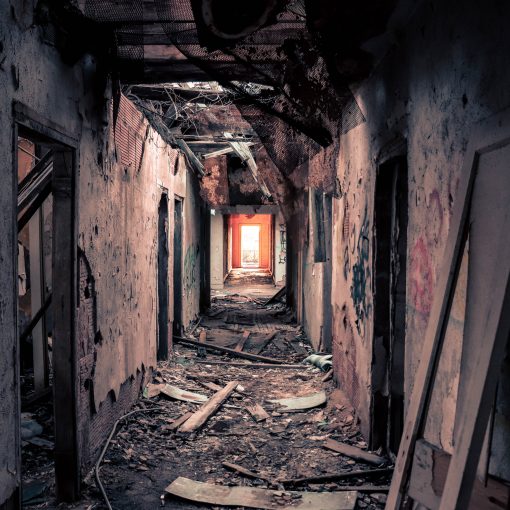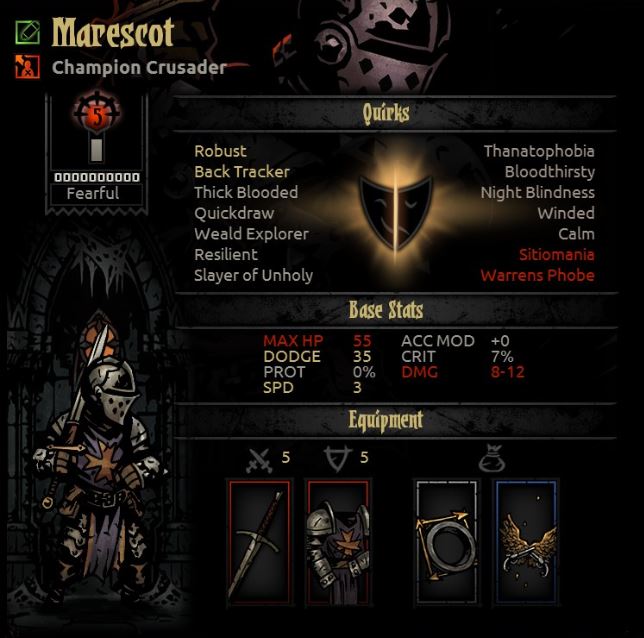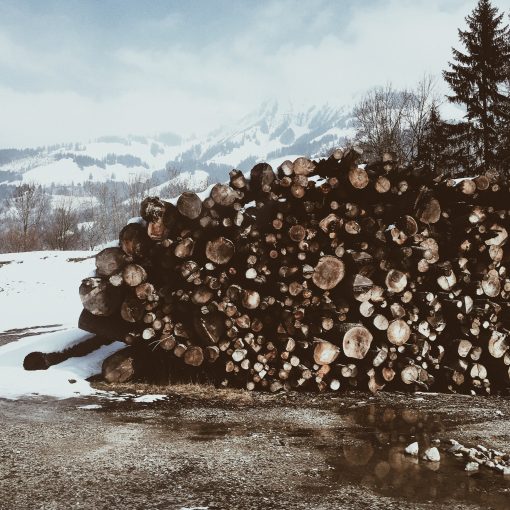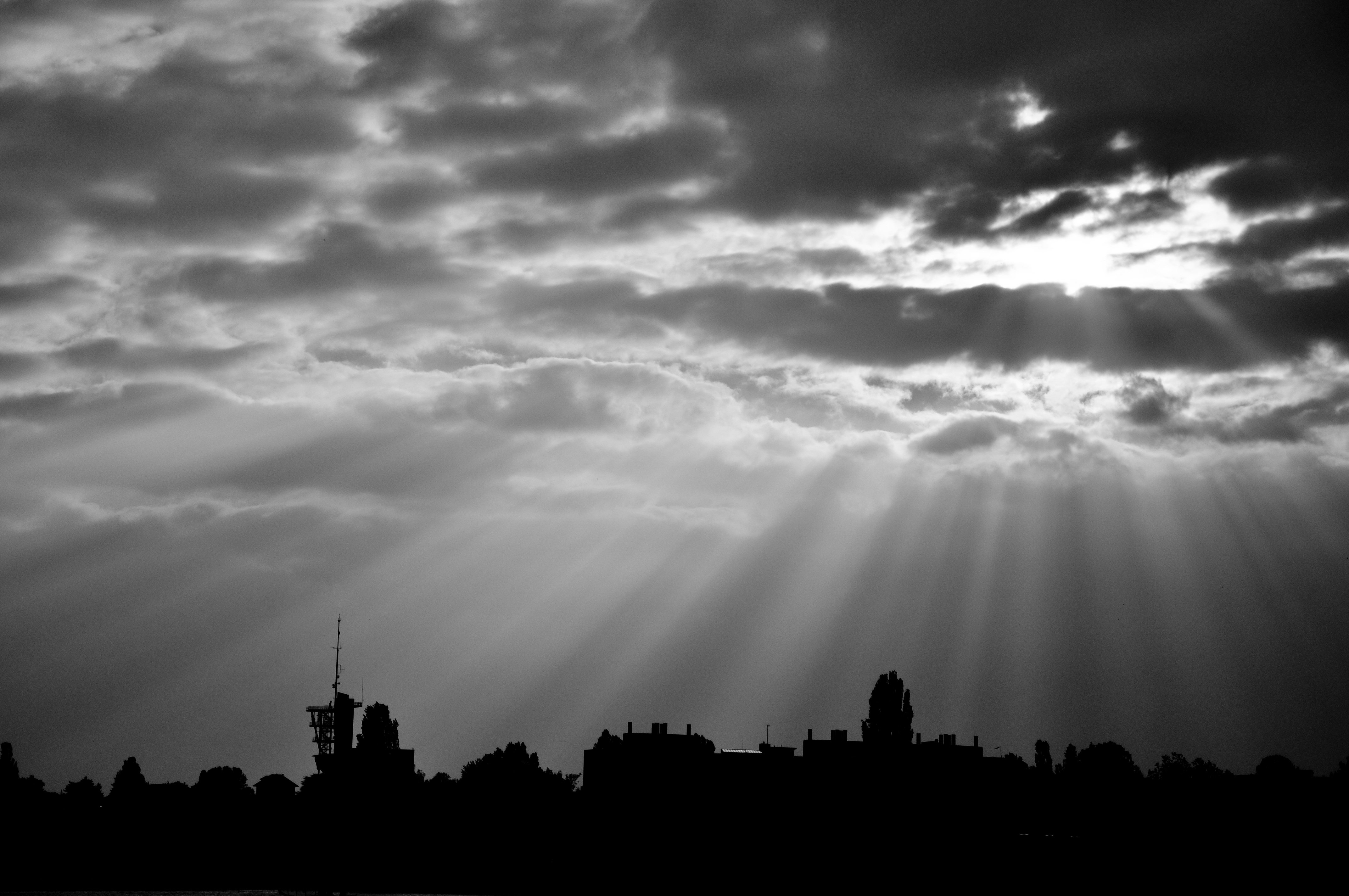“By the seventh day God had finished the work he had been doing; so on the seventh day he rested from all his work.” -Genesis 2:2 (NIV)
Craft show season has begun.
For those who aren’t aware, my wife makes her living sewing and selling purses at craft shows, and those run from about May-November. They also tend to last for entire weekends. Because I am taller than my wife and have a bit more upper-body strength, in the early spring I turn into a craft show roadie for a weekend or two every month until around Thanksgiving.
It’s not a bad gig a lot of the time. My wife is generous and she earmarks a small percentage of the proceeds of shows I help with for hobby spending as a thank-you for giving up my weekend. I tend to acquire a number of new gaming books during show season, and thanks to a bunch of time during the business hours of show being slow, I often have time to read them, too.
But the shows are definitely work. There are early mornings on days when I could normally sleep in, and lugging enough stuff to fill a 10′ x 10′ tent (merchandise, fixtures, heavy concrete weights to hold the tent down in winds, and the tent itself) to and from the car is definitely a workout. And one of the more important things I do is provide an extra pair of hands when the weather turns bad, which can happen very quickly. On the other hand, we can sometimes make money equal to one of my biweekly paychecks in a day.
But this often means that by the end of a weekend, I’m pretty wrung out.
Going through that this weekend got me thinking about rest and fatigue in gaming. One thing that often happens with heroes in a lot of fiction is that they seem basically tireless. Many superheroes in particular lead double full-time lives where they do a demanding, professional job all day, then apparently run home, probably eat a quick meal and then head off to fight crime until at least 2 or 3 a.m. Then get up for work and do it all over again.
Even if I was twenty, that sounds exhausting. I’m forty.
You see the same thing with fantasy heroes too, only with them, if anything, the pace is even more intense. The heroing thing is their job, and they’re putting in a solid 80-90 hours of it a week. Trekking through the wilderness, fighting monsters, and dealing with injuries sustained in that process. And as you probably know, being in pain is tiring.
I think most games don’t track that kind of run-off-your-feet exhaustion because it’s no fun being tired and many of us put up with it in our daily lives, but it’s worth thinking about when your 5e character takes a level of exhaustion and whenever the party in basically any game gets some down time.
It’s especially important to remember because our culture devalues rest and glorifies pushing yourself. The American drug of choice is caffeine, which helps with fatigue. Phrases like “I’ll sleep when I’m dead” get thrown around with a lot of bravado. Employers often look at a desire for work-life balance as a character deficiency or even cause for disciplinary action. One must always be grinding, pushing, producing.
These are viewed as heroic, virtuous things. And so a lot of our fiction heroes do them too. Double lives. Long days of heroing. I remember one campaign I ran where the PCs started at level 5 and ended at level 21. They found a lost civilization, saved the world multiple times, and took down an evil deity.
The campaign lasted for less than three months of in-game time. Those poor PCs were burning the
candle at both ends and in the middle. But that’s the fantasy. Do more, get more,
create more. Rest is a waste. Go go go.
It’s unhealthy. Sometimes, it’s
unavoidable and truly necessary. Sometimes there’s an emergency or the needs of supporting a
family demand more labor than we wish we had to give. But it’s worth remembering that even
God rested when he finished with creation. Stopping for a while should not be an automatic cause
for guilt.
Like story, rest is a holy gift. We would do well to remember it.
Photo by Annie
Spratt on Unsplash




